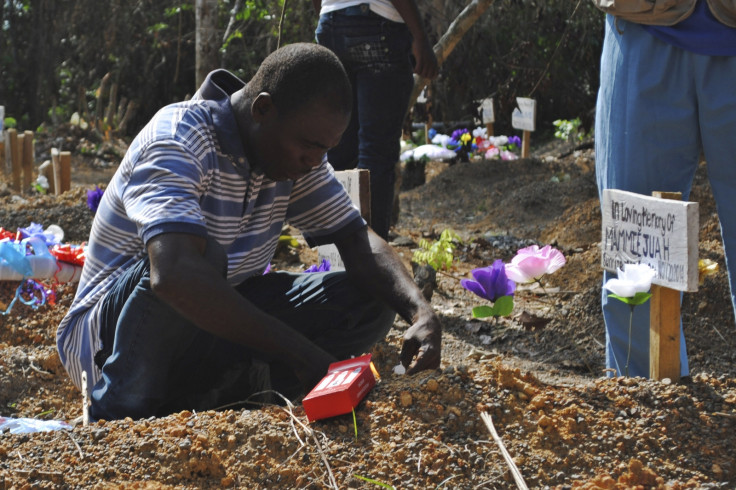Nigeria: World Health Organisation investigates mystery disease which kills within hours

The World Health Organisation (WHO) is investigating the sudden deaths of up to 18 people in south-east Nigeria. One theory being considered is that they died from pesticide poisoning.
The illnesses and deaths have been taking place in the town of Ode-Irele, Ondo state since the start of the week (13 April).
Ondo state health commissioner, Dayo Adeyanju, told news agency AFP: "Twenty-three people [have been affected] and 18 deaths were recorded."
Adeyanju said five emergency teams had been set up to investigate the illness, adding: "These and other measures have been put in place to ensure the safety of lives of our dear people of Irele. Let us continue to exercise calm and caution and eschew fear mongering as there is manifest evidence that the situation is being contained."
Ebola ruled out
All those affected began showing symptoms between 13-15 April.
WHO spokesman Tarik Jasarevic said: "Common symptoms were sudden blurred vision, headache, loss of consciousness followed by death, occurring within 24 hours."
Aid agencies, government health officials and the WHO are now in the town conducting an investigation. Tests are being conducted at Lagos University Teaching Hospital.
The mystery illness has sparked fresh fears in a region already ravaged by Ebola, but a link to the virus has been ruled out.
Local chief Moses Enimade said the disease was punishment for sacrilege committed against local deity the Molokun, when local youths broke into a shrine and stole sacred artefacts.
#OndoX: current hypothesis is cause of the event is #herbicicdes. Tests done so far r negative for viral and bacterial infection @EbolaAlert
— Gregory Härtl (@HaertlG) April 19, 2015"Even the Kabiesi himself is not permitted to enter the Molokun Shrine's inner room except the Chief Priest and High Chief Gboguron," said Enimade. "Sacrifice must be performed before they can enter. Because these youths want to be rich at all costs, they entered the sacred place and made away with traditional items and 20 of them have died as a result of their desperate acts."
However WHO spokesman Gregory Hartl had a more prosaic explanation, tweeting that the "current hypothesis is cause of the event is herbicides. Tests done so far are negative for viral and bacterial infection".
© Copyright IBTimes 2025. All rights reserved.























